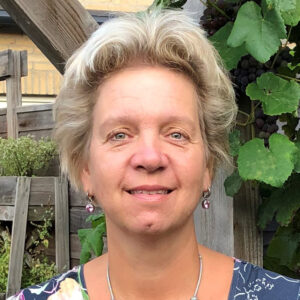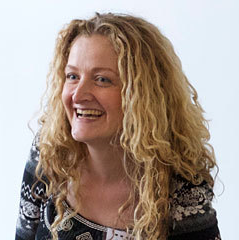The primary objective of this Expert Group is to integrate Skills, Training, Rewards, Recognition, and Upskilling into the EOSC framework.

Progress in open research practices is closely tied to their reflection in academic career assessments. To truly embed Open Science within academia, adherence to these practices must be meaningfully acknowledged in hiring, tenure, and grant evaluations. Opportunity Area Expert Group 5 addresses incentives and rewards for researchers to manage and share their data, code and other research outputs, activities, and processes. Building on prior work within EOSC—especially the EOSC Working Group on Skills & Training—the group is structured across five sub-groups, each dedicated to a different facet of fostering Open Science culture within academic evaluation and recognition systems:
- Training material, Learning Paths, Curriculum
- Support the development of a harmonized & certified data steward curriculum in Europe
- Support the visibility of Competence Centres
- Align existing learning paths methodologies
- Ensure long-term sustainability of developed EOSC related training resources
- Training Catalogue/Training Infrastructure
- Ensure findability and accessibility of EOSC related training resources
- Explore Training as an EOSC Service
- Engagement
- Support engagement and upskilling of National/thematic communities
- Connect user support networks to enable knowledge exchange/lifelong learning
- Accreditation/Recognition/Assessment
- Support EOSC-A and relevant EOSC projects to reach CoARA objectives
- Work towards a quality assurance framework and certification mechanisms for trainers and trainees
- EOSC Skills & Training Strategy
- Work towards a mechanism to provide strategic oversight, coordination and governance of EOSC Training elements
Coordinators

